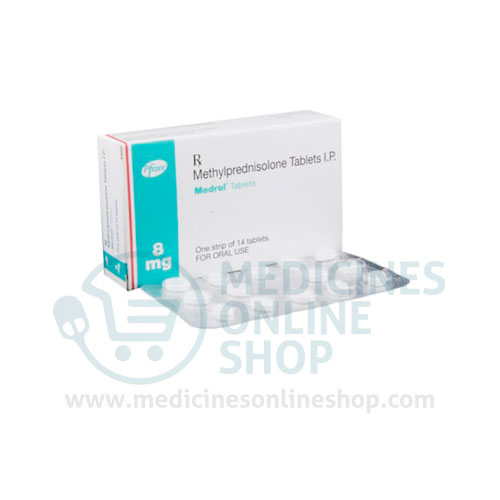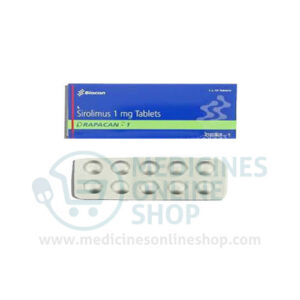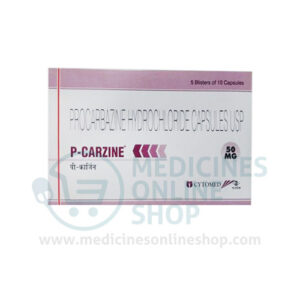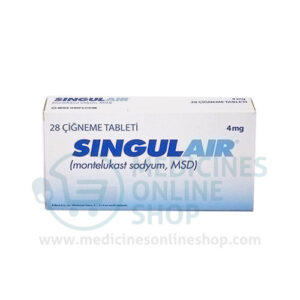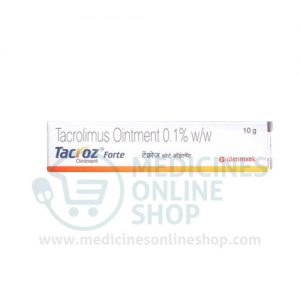Methylprednisolone Information
Pronunciation
meth il pred NIS oh lone
What is this drug used for?
• It is used for many health problems like allergy signs, asthma, adrenal gland problems, blood problems, skin rashes, or swelling problems.
• This is not a list of all health problems that this drug may be used for. Talk with the doctor.
Frequently reported side effects of this drug
• Nausea
• Vomiting
• Trouble sleeping
• Agitation
Other side effects of this drug: Talk with your doctor right away if you have any of these signs of:
• Infection
• Liver problems like dark urine, fatigue, lack of appetite, nausea, abdominal pain, light-colored stools, vomiting, or yellow skin
• High blood sugar like confusion, fatigue, increased thirst, increased hunger, passing a lot of urine, flushing, fast breathing, or breath that smells like fruit
• Low potassium like muscle pain or weakness, muscle cramps, or an abnormal heartbeat
• Cushing syndrome like weight gain in upper back or abdomen; moon face; severe headache; or slow healing
• Adrenal gland problems like severe nausea, vomiting, severe dizziness, passing out, muscle weakness, severe fatigue, mood changes, lack of appetite, or weight loss
• Pancreatitis like severe abdominal pain, severe back pain, severe nausea, or vomiting
• Skin changes like acne, stretch marks, slow healing, or hair growth
• Severe loss of strength and energy
• Irritability
• Tremors
• Fast heartbeat
• Confusion
• Severe headache
• Passing out
• Dizziness
• Sweating a lot
• Shortness of breath
• Excessive weight gain
• Swelling of arms or legs
• Chest pain
• Menstrual changes
• Bone pain
• Joint pain
• Vision changes
• Behavioral changes
• Mood changes
• Seizures
• Burning or numbness feeling
• Bruising
• Bleeding
• Severe abdominal pain
• Vomiting blood
• Black, tarry, or bloody stools
• Signs of a significant reaction like wheezing; chest tightness; fever; itching; bad cough; blue skin color; seizures; or swelling of face, lips, tongue, or throat.
Medication Safety Issues
Sound-alike/look-alike issues:
MethylPREDNISolone may be confused with medroxyPROGESTERone, methotrexate, methylTESTOSTERone, predniSONE
DEPO-Medrol may be confused with Depo-Provera, SOLU-Medrol
Medrol may be confused with Mebaral
SOLU-Medrol may be confused with salmeterol, Solu-CORTEF
International issues:
Medrol [US, Canada, and multiple international markets] may be confused with Medral brand name for omeprazole [Mexico]
Storage and Stability
Methylprednisolone acetate injection and tablets: Store at 20°C to 25°C (68°F to 77°F). Do not autoclave vials.
Methylprednisolone sodium succinate injection: Store intact vials at 20°C to 25°C (68°F to 77°F). Protect from light. Do not autoclave. Store reconstituted solutions at 20°C to 25°C (68°F to 77°F) and use within 48 hours.
Adverse Reactions
- Cardiovascular: Bradycardia, cardiac arrest, cardiac arrhythmia, cardiac failure, cardiomegaly, circulatory shock, edema, embolism (fat), hypertension, hypertrophic cardiomyopathy (in neonates), myocardial rupture (post MI), syncope, tachycardia, thromboembolism, thrombophlebitis, vasculitis
- Central nervous system: Arachnoiditis, depression, emotionallability, euphoria, headache, increased intracranial pressure, insomnia, malaise, meningitis, myasthenia, neuritis, neuropathy, paraplegia, paresthesia, personality changes, psychic disorders, pseudotumor cerebri (usually following discontinuation), seizure, sensory disturbance, vertigo
- Dermatologic: Acne vulgaris, allergic dermatitis, alopecia, atrophic striae, diaphoresis, ecchymoses, epidermal thinning, erythema, exfoliation of skin, facial erythema, hyperpigmentation, hypertrichosis, hypopigmentation, skin atrophy, skin rash, suppression of skin test reaction, thinning hair, urticaria, xeroderma
- Endocrine & metabolic: Adrenal suppression, calcinosis, cushingoid state, Cushing syndrome, decreased glucose tolerance, diabetes mellitus, fluid retention, glycosuria, growth suppression (children), hirsutism, HPA-axis suppression, hyperglycemia, hyperlipidemia, hypokalemia, hypokalemic alkalosis, insulin resistance (increased requirements for insulin or oral hypoglycemic agents in diabetes), menstrual disease, moon face, negative nitrogen balance, protein catabolism, sodium retention, weight gain
- Gastrointestinal: Abdominal distention, bladder dysfunction (after intrathecal administration, including bowel dysfunction), carbohydrate intolerance (increased), gastrointestinal hemorrhage, gastrointestinal perforation, hiccups, increased appetite, intestinal perforation (of both of the small and large intestines; especially in patients with inflammatory bowel disease), nausea, pancreatitis, peptic ulcer, spermatozoa disorder (decreased motility and number of spermatozoa), ulcerative esophagitis
- Hematologic: Leukocytosis (transient), malignant neoplasm (secondary), petechia
- Hepatic: Hepatomegaly, increased liver enzymes, increased serum transaminases
- Hypersensitivity: Anaphylactoid reaction, anaphylaxis, angioedema, hypersensitivity reaction
- Infection: Increased susceptibility to infection, infection (ophthalmic), sterile abscess
- Local: Injection site infection
- Neuromuscular & skeletal: Amyotrophy, arthropathy, aseptic necrosis of femoral head, aseptic necrosis of humoral head, bone fracture, Charcot-like arthropathy, lipotrophy, osteoporosis, rupture of tendon, steroid myopathy, vertebral compression fracture
- Ophthalmic: Blindness, exophthalmoses, glaucoma, increased intraocular pressure, ophthalmic inflammation (ophthalmic), subcapsular posterior cataract, visual impairment
- Respiratory: Pulmonary edema, rhinitis
- Miscellaneous: Anaphylactoid reaction, anaphylaxis, angioedema, hypersensitivity reactions, tissue sloughing (residue or slough at injection site), wound healing impairment
- Rare but important or life-threatening: Venous thrombosis (Johannesdottir 2013)
